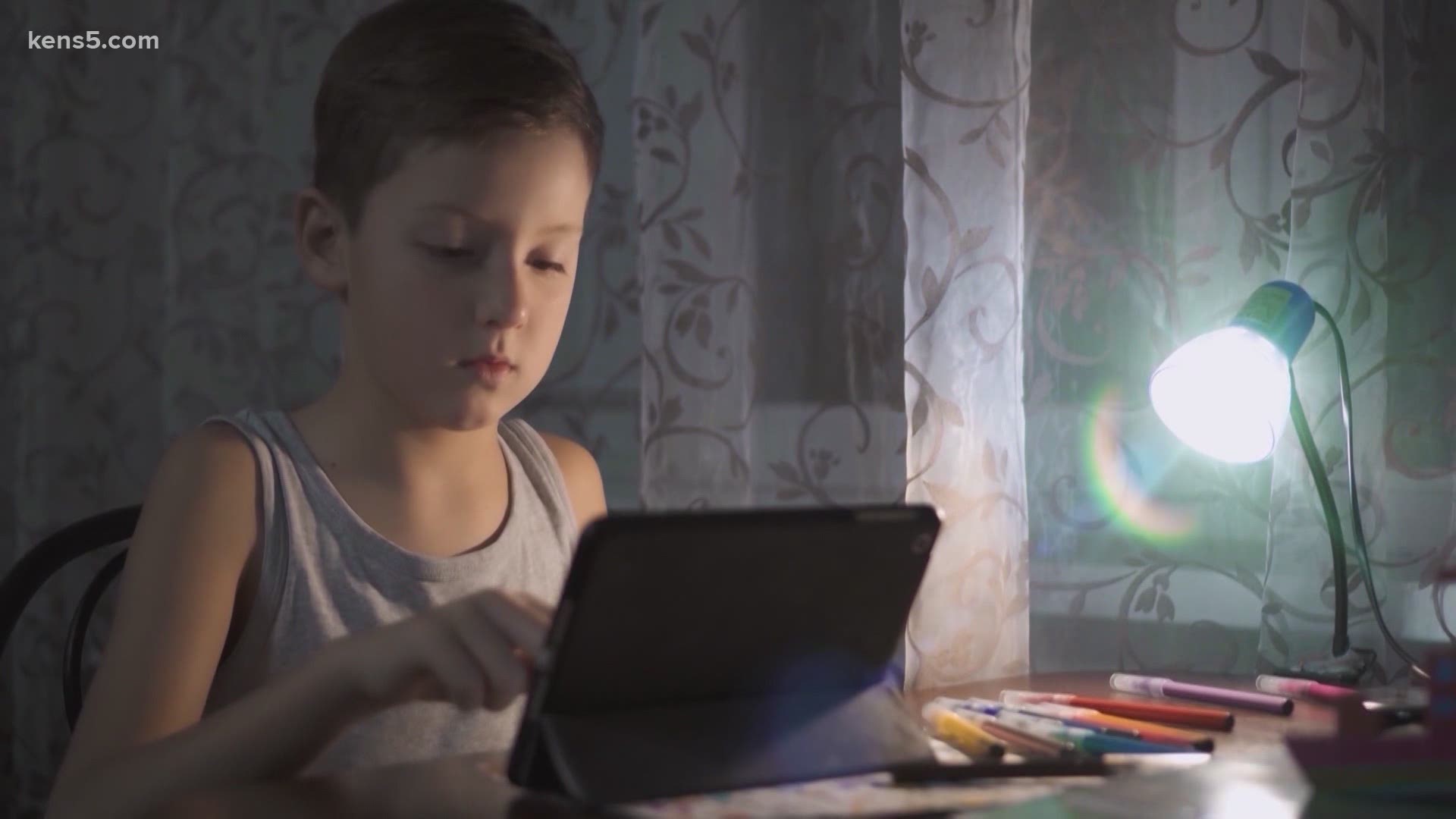SAN ANTONIO — It’s finally 2021. School is back in session and things should be back to normal, right? Not so fast.
Many are still learning from home or have been asked to learn from home again by their schools – as the pandemic locally worsens yet again with COVID-19 cases on the rise day after day.
A local expert has some insight though on how to best support children's mental health whether they are learning from home or at school.
Jessica Knudsen is the CEO/President of Clarity Child Guidance Center, a non-profit organization that provides mental health care for children, ages 3-17, and their families.
According to Knudsen, it is not always easy to see or recognize the warning signs. Sometimes people see certain behaviors and think “well that’s them just being moody or a typical kid” when really they are struggling. Clarity offers a one-time consultation directly with a psychologist to provide assessment and treatment recommendations to fit the needs of the individual child.
Other things families can do to survive the pandemic are:
1. Fight the fears by checking your own anxiety levels and sharing your concerns with someone you trust. Finding a regular calming practice (mindfulness meditation, silent prayer, etc.) can also help.
2. Listen to your children. Allow your kids to express their emotions and accept them. Practice active listening and remember that little kids might act out feelings instead of verbalizing them. Reassure them that their emotions are appropriate.
3. Be flexible with yourself, your spouse/partner and children. Remember that no one is doing this perfectly. Allow your family to try, fail and try again. Focus on reinforcing positive actions and redirect other behaviors gently.
4. Strengthen the bond with your spouse/partner or other supportive adults, but don't do this alone. Find strength in unity.
5. Model self-care. Express your feelings appropriately, plan stress-releasing activities (board games, exercise, etc.). Also limit your exposure to the news and social media, but maintain a sense of routine and continuity.
There are free materials for families on Clarity's website – including "COVID-19 Parenting Cheat Sheets" and activities for families, along with a daily schedule template.

